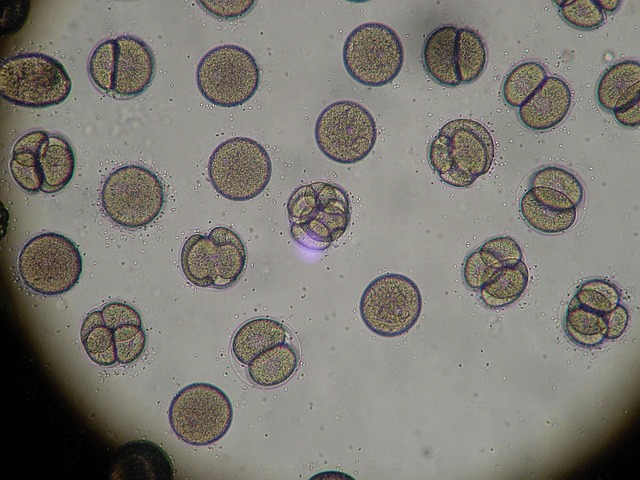The Limits of What DNA Can Predict
/Want remarkably clear insights into genetics and public health with a bare minimum of reading? Well, some corners of Twitter have recently become an incredible resource if you’re interested in learning something about predictive statistics, epidemiology, genomics, and population genetics. There are no better examples of this than the tweetorials that Dr. Cecile Janssen posts. Dr. Janssen is a professor of translational epidemiology in the department of Epidemiology of the Rollins School of Public Health, Emory University, and her website, like her posts, contains insightful guides for thinking critically about DNA sequence data, heritability and health.
If you would like some key insights into predicting complex traits from DNA in a handful of tweets, follow this link: Why it is so hard to predict complex diseases and traits from DNA?
For a slightly longer read, here’s her article from WIRED on how DNA is best applied: DNA tells great stories -- about the past, not future
And a more advanced read, still aimed at a fairly general audience: Designing babies through gene editing: science or science fiction?








